Trio of studies cast doubt on link between autism, antidepressants
Increased autism risk among children exposed to antidepressants in utero may be related less to the medications than to the mothers’ depression.
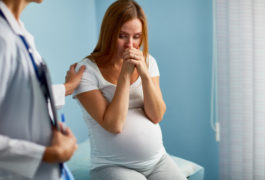
Increased autism risk among children exposed to antidepressants in utero may be related less to the medications than to the mothers’ depression.
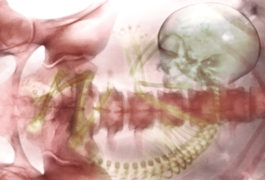
A large study finds that certain health complications during pregnancy or delivery increase the chances of having a child with autism by 26 percent or more.
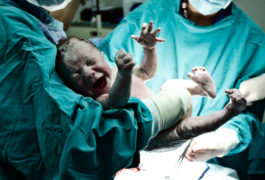
Babies who have their first bowel movement before birth have a slightly increased risk of autism, according to a study of nearly 10 million people.
Donald Trump seems to see science through the lens of conspiracy, Brexit may spur an exodus of scientific talent from the United Kingdom, and preterm babies show atypical brain activity before birth.
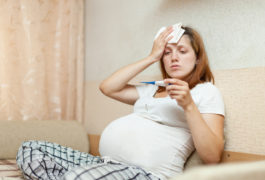
Women who come down with influenza while pregnant are no more likely than those without the infection to have a child with autism.
Immune molecules could be targets for autism treatments, the battle for CRISPR’s patent may be nearing an end, and a plan to give postdoctoral researchers overtime pay is scuttled.
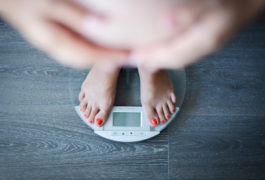
Women who are overweight or obese when pregnant increase their risk of having a child who is later diagnosed with autism by about 30 percent.
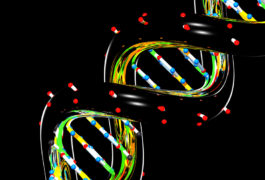
The interplay between a mouse’s immune system and certain mutations in her pups may increase autism-like features in the pups.
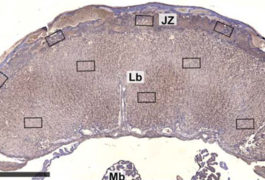
Infecting pregnant rats with group B streptococcus triggers inflammation in the fetal side of the placenta, but only in male fetuses.
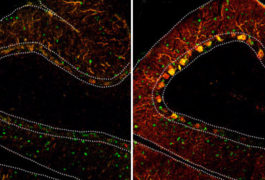
Infections during pregnancy increase levels of an immune molecule in the placenta that alters brain development and behavior in mice.